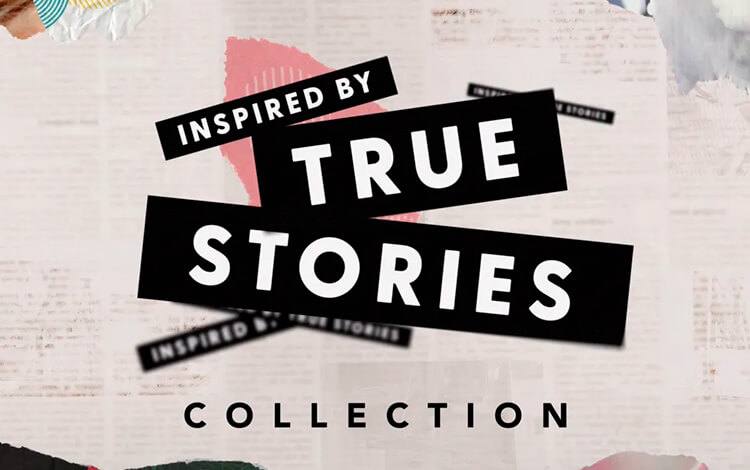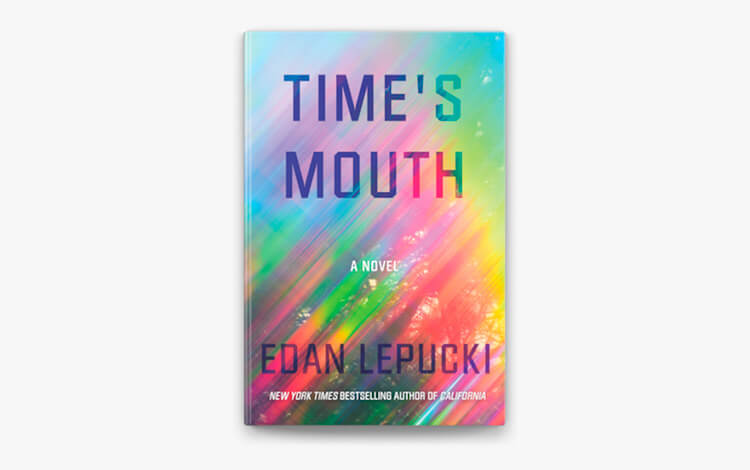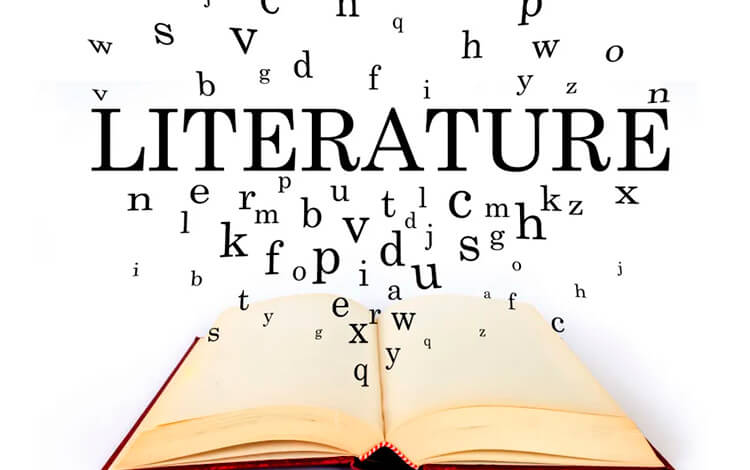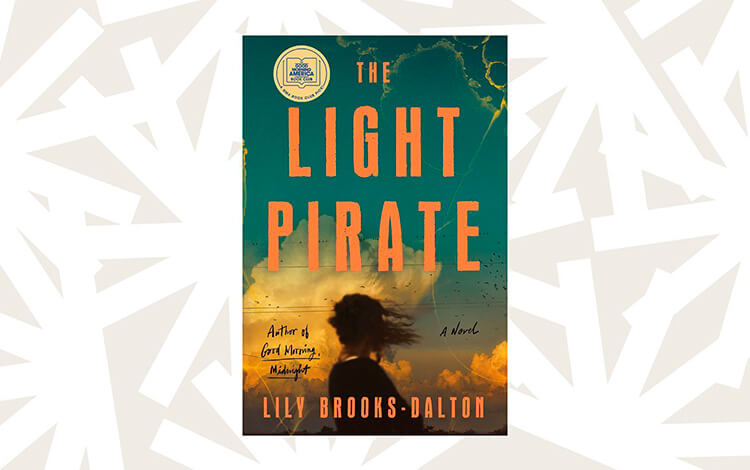A Journey Through Genres: How Certain Literary Styles Have Evolved Over Time
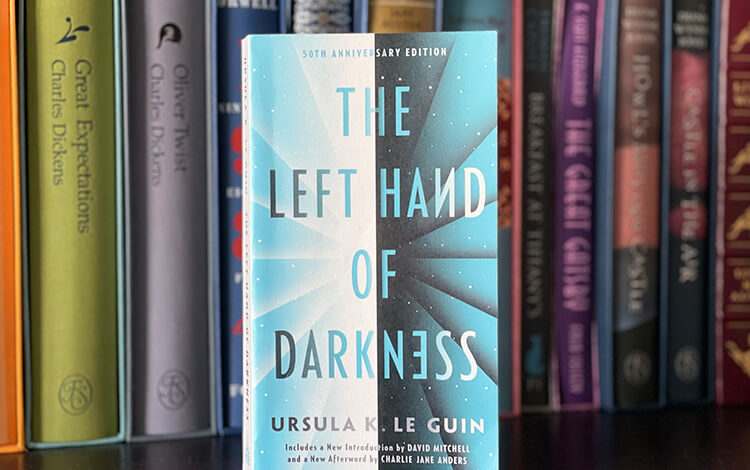
Science Fiction: From the Imaginative to the Inevitable
Science fiction has always been a genre that looks to the future, often serving as a reflection of contemporary anxieties and hopes about technological advancements and the unknown. The roots of science fiction can be traced back to the early 19th century, with Mary Shelley’s Frankenstein often cited as one of the first works in the genre. Shelley`s novel delves into the ethical implications of scientific experimentation, a theme that has remained central to the genre.
As the Industrial Revolution brought rapid technological changes, authors like H.G. Wells and Jules Verne expanded the genre, introducing readers to time travel, space exploration, and dystopian futures. Wells’ The Time Machine and Verne’s Twenty Thousand Leagues Under the Sea captivated readers with their imaginative concepts, while also commenting on the social and political issues of their time.
The 20th century saw the rise of science fiction as a distinct genre, with the “Golden Age” of the 1940s and 1950s ushering in a new era of storytelling. Authors like Isaac Asimov, Arthur C. Clarke, and Ray Bradbury explored complex ideas about artificial intelligence, space colonization, and the human condition. Asimov’s Foundation series and Clarke’s 2001: A Space Odyssey are landmarks in the genre, combining scientific rigor with philosophical inquiry.
In the latter half of the century, science fiction began to explore more diverse themes, including gender, race, and environmentalism. The works of Ursula K. Le Guin, such as The Left Hand of Darkness, challenged traditional notions of gender and society, while Octavia Butler’s Parable of the Sower addressed issues of race and survival in a dystopian future. Today, science fiction continues to evolve, with authors like Ted Chiang and N.K. Jemisin pushing the boundaries of the genre, incorporating cutting-edge scientific ideas and exploring complex social issues.
Fantasy: From Myth and Legend to Modern Epic
Fantasy is a genre rooted in myth, legend, and folklore, drawing on ancient stories of gods, heroes, and magical creatures. The modern fantasy genre, however, began to take shape in the late 19th and early 20th centuries, with authors like George MacDonald and William Morris laying the groundwork for what would become a literary phenomenon.
The publication of J.R.R. Tolkien’s The Lord of the Rings in the 1950s marked a turning point for fantasy, establishing the genre as a major force in literature. Tolkien’s richly detailed world of Middle-earth, with its intricate mythology, languages, and history, set a new standard for world-building and epic storytelling. His work inspired a generation of authors, including C.S. Lewis, whose Chronicles of Narnia series became another cornerstone of the genre.
Throughout the 20th century, fantasy continued to grow in popularity, with authors like Robert E. Howard, creator of Conan the Barbarian, and Michael Moorcock, known for his Elric of Melniboné series, expanding the genre’s horizons. The 1980s and 1990s saw the rise of darker, more complex fantasy, with authors like Stephen King (The Dark Tower series) and George R.R. Martin (A Song of Ice and Fire) introducing morally ambiguous characters and intricate political plots.
Today, fantasy is more diverse than ever, with authors from various cultural backgrounds bringing new perspectives to the genre. Writers like Nnedi Okorafor (Who Fears Death), Rebecca Roanhorse (Black Sun), and Fonda Lee (The Green Bone Saga) are redefining fantasy by blending traditional elements with unique cultural influences, challenging the genre’s conventions and expanding its appeal to a global audience.
Romance: From Courtly Love to Modern Relationships
Romance has long been a staple of literature, with its roots in the medieval tradition of courtly love, where noble knights would perform chivalrous deeds to win the favor of a lady. These early tales often involved unattainable love, emphasizing ideals of honor, sacrifice, and unrequited passion.
The genre began to evolve in the 18th and 19th centuries, with the rise of the novel as a popular literary form. Jane Austen’s Pride and Prejudice and the Brontë sisters’ Jane Eyre and Wuthering Heights introduced readers to complex, relatable characters whose romantic entanglements were central to the plot. These works laid the foundation for the modern romance novel, focusing on the emotional journey of the characters and the development of their relationships.
The 20th century saw the explosion of romance as a commercial genre, with the rise of mass-market paperbacks and the emergence of iconic authors like Georgette Heyer and Barbara Cartland. Heyer’s Regency romances, with their witty dialogue and well-researched historical settings, set the standard for historical romance, while Cartland’s prolific output popularized the genre worldwide.
In the latter half of the century, romance began to diversify, with the introduction of subgenres such as contemporary romance, romantic suspense, and paranormal romance. Authors like Nora Roberts, Sandra Brown, and J.R. Ward brought new twists to the genre, combining romance with elements of mystery, fantasy, and even horror.
Today, the romance genre is one of the most varied and inclusive in literature, with stories that cater to a wide range of tastes and preferences. Authors like Jasmine Guillory (The Wedding Date), Helen Hoang (The Kiss Quotient), and Talia Hibbert (Get a Life, Chloe Brown) are leading the way in representing diverse voices and experiences in romance, reflecting the changing dynamics of modern relationships.
The Impact of Societal Changes on Literary Genres
The evolution of these genres has been significantly influenced by societal changes, including shifts in cultural norms, technological advancements, and the growing demand for diverse voices in literature. As society evolves, so too do the stories we tell, with each genre adapting to reflect the concerns, dreams, and realities of its time.
The rise of feminism, for example, has had a profound impact on both romance and fantasy, leading to stronger, more complex female protagonists who challenge traditional gender roles. The increasing awareness of social justice issues has also influenced science fiction and fantasy, with authors using these genres to explore themes of inequality, oppression, and resistance.
Moreover, the digital age has transformed the way we consume and interact with literature, leading to the proliferation of new formats such as audiobooks, e-books, and online serials. This has allowed for greater experimentation within genres, as authors and publishers explore new ways to engage readers and tell stories.
Conclusion: A Continual Evolution
The journey through genres is a testament to the power of literature to evolve and adapt, reflecting the ever-changing landscape of human experience. As we continue to navigate the complexities of the modern world, these genres will undoubtedly continue to evolve, offering new perspectives, challenging conventions, and providing readers with the stories they need to make sense of their lives and the world around them.


